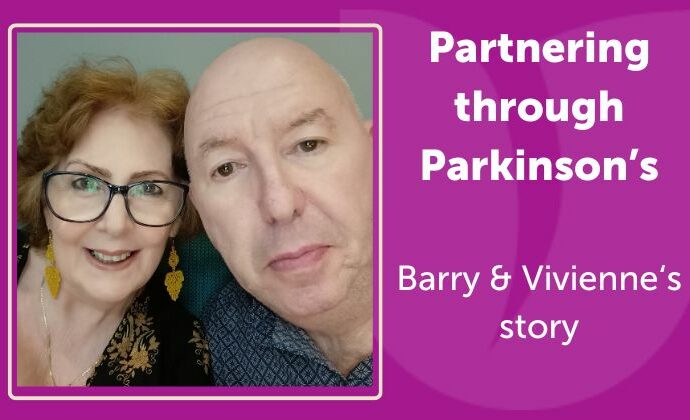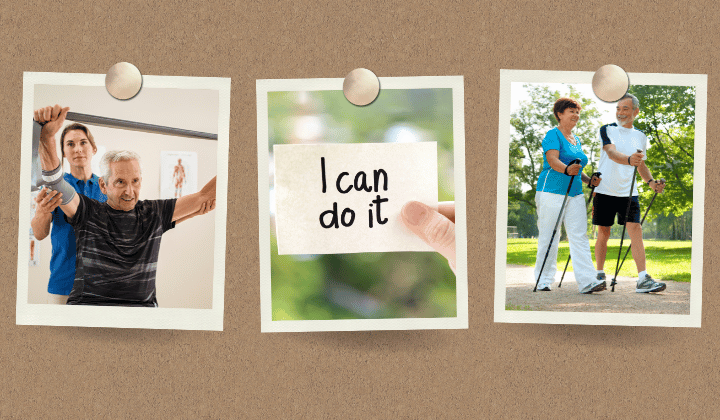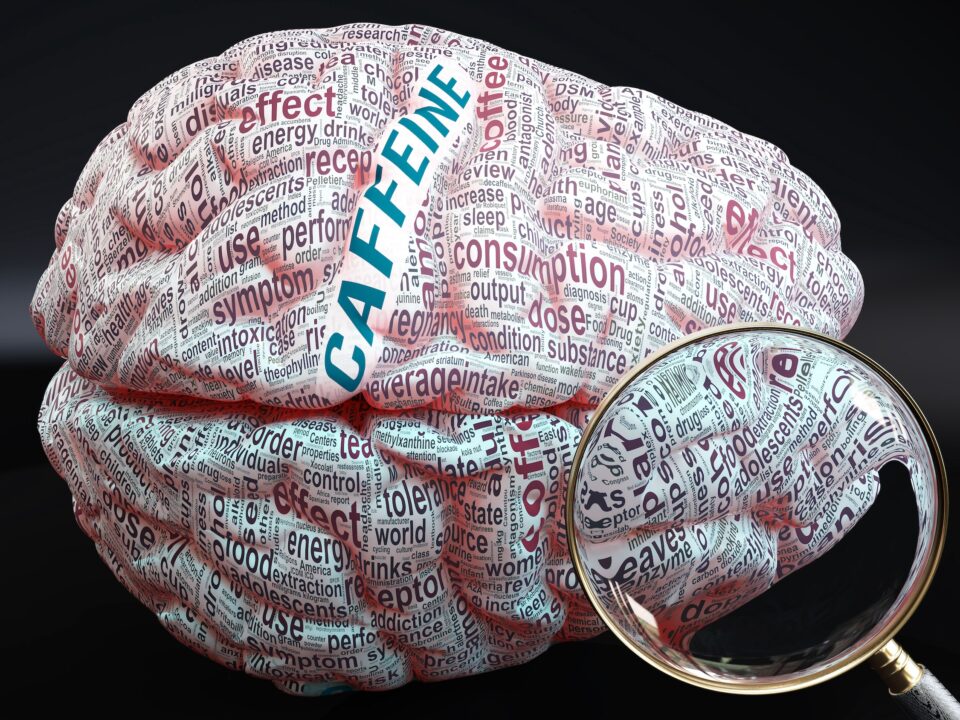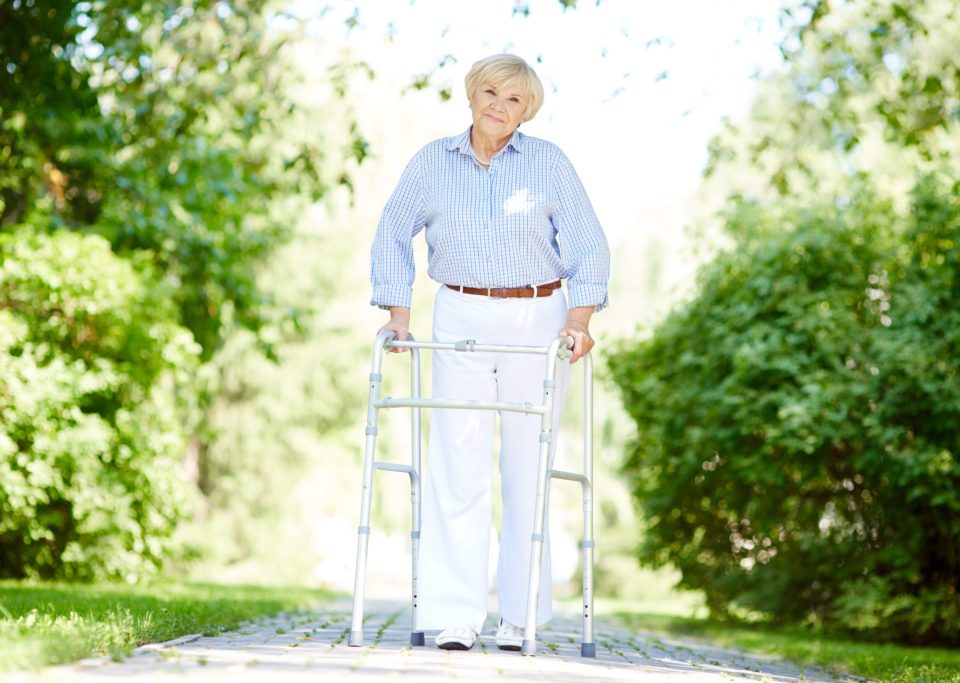The story of Barry and Vivienne Ross
Vivienne and Barry Ross live near Penrith, and have spent their married life in the area where Barry grew up.
“We wouldn’t live anywhere else,” says Vivienne, now 65, who moved there in the late 1980s. They married in 1991, which blended their two families into a ‘Brady-Bunch’ family of three girls and three boys, with the youngest two living with Barry and Vivienne at their Mulgoa home. The years rushed past with both working hard until 2005 when Barry injured both his shoulders at work in his trucking business.
“He tore both rotator cuffs (in the shoulder joints),” explains Vivienne. “He had to have surgery to repair the torn tendons. As he was recovering his left arm was much more weak and shaky than his right arm. His left side was less damaged than the right, but it just didn’t get stronger like the other arm. His doctor told us that he had Parkinson’s. He said it’s not my area but keep going until you find a doctor to diagnose it.”
Barry, now 70, didn’t recover the use of his arms enough to drive again.
“He couldn’t coordinate the changing of the gears,” explains Vivienne. “He never worked again, and we sold the truck and business and he retired due to ill health in 2006. But the diagnosis of Parkinson’s at the same time hit harder; he was just beside himself. It was impossible for me to continue working in the end. He was too anxious and depressed and didn’t want to be alone, so I retired in 2008.
“He needed me not just for physical care as he was physically unbalanced, but he needed me to stop him falling into the black hole of depression.”
“His medication got things under control for a while but then it turned on him and he wasn’t coping. We had a lovely house in Silverdale we’d built on an acre and we decided to sell it and downsize – we put it on the market and it sold in one day. Then we discovered the medication was having a bad effect, and changing it helped, but the house had sold. We moved to a smaller place ten or eleven years ago and Barry was reasonably active doing renovations and working in the yard.
“He built a wonderful cubby for our grandchildren – we have 14 now and one great-grandchild. We get a lot of joy from the little ones, going to see their sports events and things. They loved the cubby.”
But then in 2017 Vivienne was diagnosed with lymphoma, which put more pressure on her role as carer not just for her husband, but for their remaining two elderly parents.
“We had registered Barry with My Aged Care in 2017 in preparation for any future needs,” says Vivienne. “Also in 2017 I broke my ankle and both of our elderly fathers passed away within a month of each other. Barry also had a huge blood clot under his skull, which was life-threatening. Then Covid 19 struck and Barry’s symptoms increased.”
Vivienne’s lymphoma flared at the end of 2020 and she needed chemotherapy. The day Barry came home from respite, he fell backwards down the stairs, so it was time to downsize again. By the end of 2021 Vivienne was completely exhausted.
“Although we now live in a single-storey house with a homecare package and railings, house cleaners and some physio for Barry, it still doesn’t really take the load off me,” she says. “It’s just the tiredness physically and mentally. Barry has been diagnosed with dementia and goes to a day program a couple of days a week which gives me a bit of a break. But it’s just really hit me lately that he’s not thinking as he was. I’ve always been a bit of a conversationalist and I can’t talk to him like I used to. I have someone with me in the house but I’m constantly on high-alert with him.
“Barry was a workaholic and we put our time into work and family and our parents. We were going to do a lot of travelling later, and now it’s too late. We made a choice and I don’t regret that we were there for our children and our parents, but when I see those river-cruise ads on TV, we aren’t going to be doing that. Barry doesn’t travel well.
“He recently had a couple of falls and it took me a long time to get his medications reviewed. You really have to advocate for your partner. He was in hospital for a month and got Covid there, and then I got it. I’m pretty organised and prepared but it’s really very cruel, death by a thousand cuts.
“Our outings now are all of the Parkinson’s Group activities, and having a coffee and lunch when we visit the chemist, which is often. Without the added pressures of a mortgage and little ones still at school, we regard ourselves as very fortunate.
“I can still see the blood draining from his face when he got the diagnosis. I was shocked for about 20 seconds, and then I got on with it. I didn’t know about Parkinson’s other than Muhammad Ali had it, but I went straight home and googled Parkinson’s and NSW and Parkinson’s NSW came straight up. There was a seminar on in a couple of weeks and we went. It was such a relief to be with people who knew exactly what was going on. We found a counsellor through it as well and she really, really saved us.”
When the monthly support group meetings had to be held in a different location, Vivienne took over the leadership of the Parkinson’s Support Group around 2013 and changed the name to the Nepean and Blue Mountains Parkinson’s Support Group.
“We moved our meetings to the Penrith RSL Club, and introduced a whole range of new group activities,” says Vivienne, who has now provided a decade of leadership and development of the support group.
“We’ve just got to learn to accept it. Take every day as it comes.”






